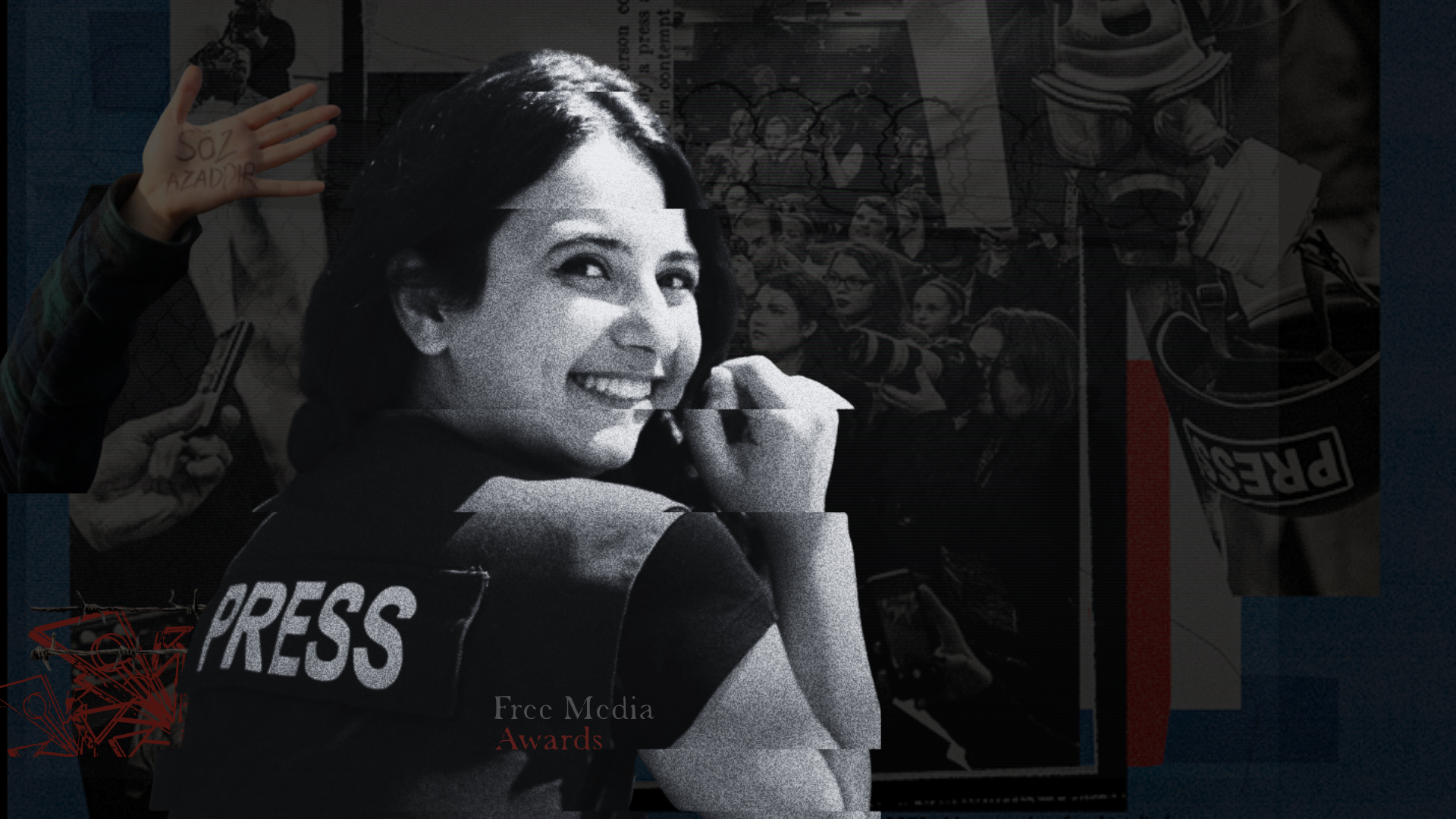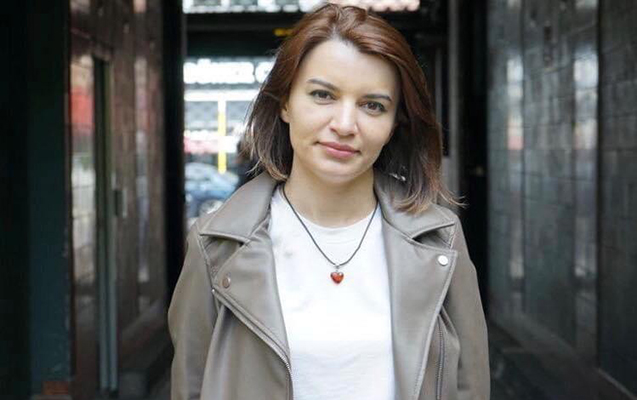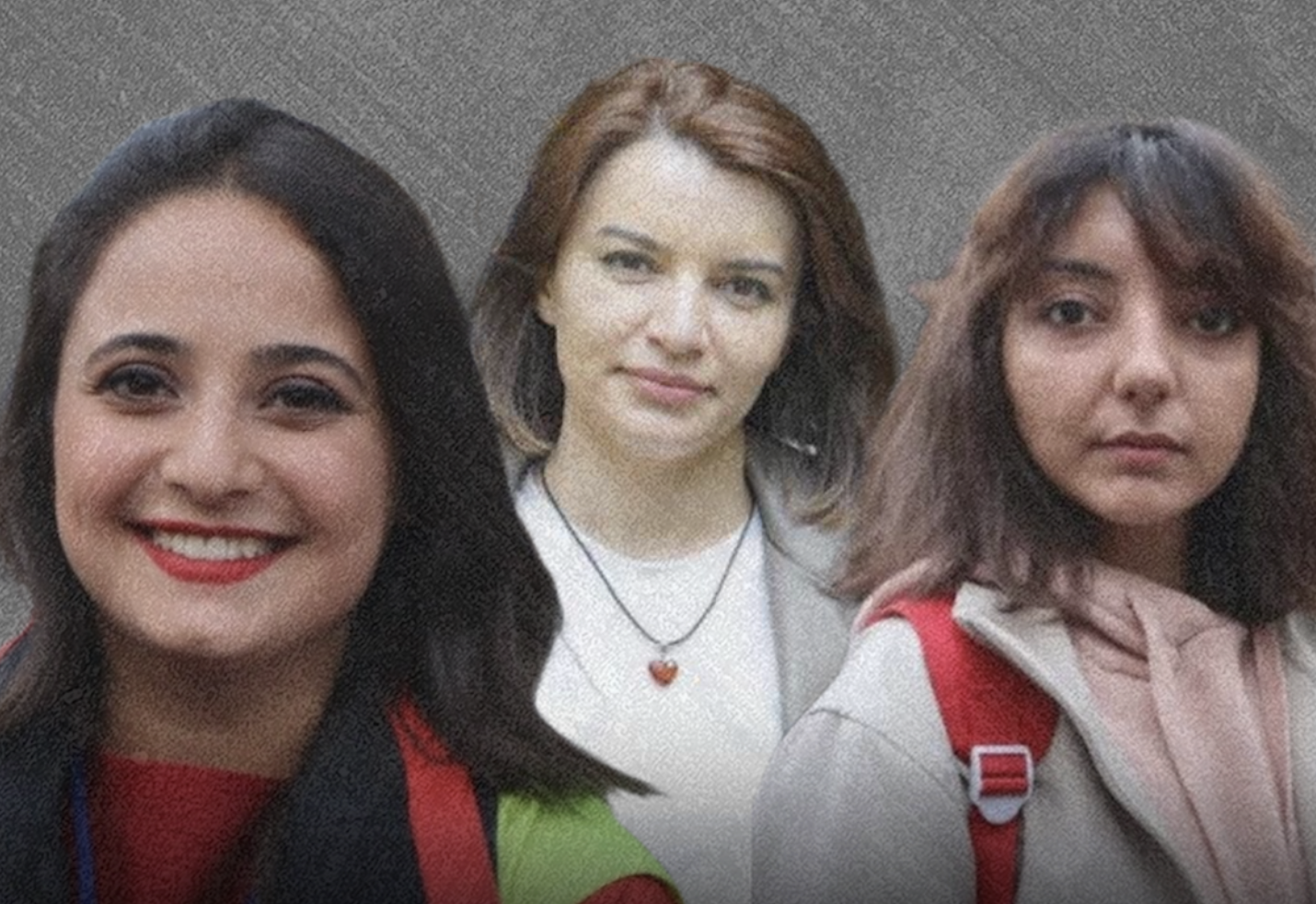Farid Mehralizade, an economist and journalist for RFE/RL’s Azerbaijani Service who was arrested in the Abzas Media case, delivered his final courtroom statement on June 20.
He has been sentenced to 9 years in prison.
The full text of Ferid Mehralizade’s final statement:
“Was it worth it?” That’s the question I’ve been asked more than anything else since the day I was arrested. In prison, when people meet for the first time, the first thing they usually ask each other is: “Why are you here?”
Whenever I answer that I’m a political prisoner, I don’t even need to explain further. Without fail, the response is always something like: “Was it worth it?” or “Didn’t you know that in this country, if you speak the truth, they’ll frame you and lock you up?”
So what was it, really, that I wanted?
I’ve always believed that knowledge only has real value when it serves the public good. I studied economic policy, and for the past five years, I’ve devoted my knowledge and skills to helping people in Azerbaijan better understand the economic processes shaping their lives - bringing public attention to the economic challenges the country is facing, and offering analysis and recommendations in response to those challenges.
Because the only real path to sustainable economic development in any country is through citizens understanding how the system works, having a voice in decision-making, and enjoying freedom of expression.
I never had financial motives in my public work. What drove me was the belief that the people of Azerbaijan - the same people who made history by establishing the first democratic republic in the East on May 28, 1918, deserve to live in a fairer, more prosperous country today. And I truly believe our nation has the resources to make that possible. The real reason I’m standing before this court today is because I spoke out about why this hasn’t been achieved and pointed to the failures in governance behind it.
To explain the nature of the crime I’m accused of, I have to turn once again to prison slang. Since my arrest, a lot of new words and expressions have entered my life. Interestingly, most of them are borrowed from Russian. But there’s one term that comes straight from Azerbaijani and that word is “loading”.
What is “loading”? It is when a person is accused of a crime they did not commit, in other words, when a crime is “loaded onto them” (It means being framed). The fact that it is precisely this word “loading” that the Azerbaijani legal system has “contributed” to prison slang says a great deal about the true nature of the justice system in this country.
Like thousands of other prisoners in this country, we are being accused of crimes we did not commit. The fact that the charges against me do not reflect the truth has been fully proven by our side. The fact that the prosecutor, the face of the prosecution, refused to enter into legal confrontation with me and chose instead to avoid it altogether is proof of everything.
Although the parties in this trial are formally referred to as the prosecution and the defense, what’s really happening here is a struggle between good and evil - in both senses of the word. And never forget: in the end, good always triumphs.
I understand very well that the verdict you will read is not the decision of the judges, but the decision of those who ordered our arrest. If they wished, they could sentence us to life in prison. They could even amend the Criminal Code, reinstate the death penalty, and have us executed. Because in countries where the rule of law and judicial independence are not respected, trials are nothing more than a forced smile on the face of an authoritarian regime.
But the truth is never partial. The truth is whole. And the truth is this: I have committed no crime.
Sooner or later, we will be acquitted in the eyes of the law, though morally, we need no acquittal at all.
But rest assured, everyone who played a role in these politically ordered arrests will carry that stain for the rest of their lives. Just as throughout history, those who participated in acts of repression have ultimately faced justice, both legal and historical, those who have committed crimes of injustice against the people of Azerbaijan will also be judged. And when that day comes, we will be there - as victims giving testimony in that courtroom.
The ideal of Azerbaijan I strive for, and the values I hold dear, neither the sickle could reap them, nor the hammer crush them. In other words, what the evil empire of the Soviet Union couldn’t do, those who gather around corrupt interests and sell off their official powers wholesale and retail for personal gain will never be able to do either.
The very fact that, today in Azerbaijan, even people born in the 21st century are living as political prisoners is the clearest proof of that.
I imagine the verdict you are about to read will be justified with words like “statehood” and “service to the state.”
So I ask: is stealing public funds a service to the state, or is exposing that theft the real act of service? Is naming the country’s problems and seeking solutions a service to the state, or is it pretending those problems don’t exist and covering them up?
Independent media is one of the greatest forms of service to the state, to the nation, and to all of humanity. Unfortunately, today in our country, journalism is treated as if it were on par with terrorism.
The average age of the seven defendants in this trial is 34. Coincidentally, this year also marks the 34th anniversary of Azerbaijan’s regained independence. The overlap of these two numbers says a lot about the state of press freedom in Azerbaijan over the past 34 years.
I want to end my words with a line from Josef K., the main character in Franz Kafka’s The Trial:
“Understand this, I have absolutely no interest in how the trial ends, and I will simply laugh at the verdict.”
If I were born again, I would still choose to stand on the side of good not evil.
Long live freedom.
Long live justice.
Long live all those who refuse to bow to injustice.







